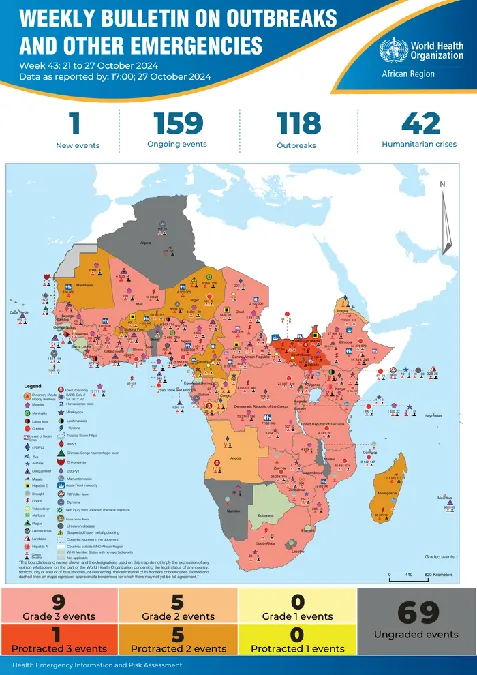
Could Air Pollution Be the Hidden Trigger for Alzheimer's Disease? Find Out What Researchers Are Discovering!
2024-11-18
Author: Yu
Introduction
A groundbreaking study at Emory University, backed by a whopping $15 million in grants from the National Institutes of Health (NIH), is set to shed light on a critical link between specific types of air pollution and the rising risk of Alzheimer's disease and other related dementias.
While prior research has established a connection between Alzheimer’s and air pollution—especially fine particulate matter less than 2.5 micrometers in diameter (PM2.5)—the precise mechanisms that elevate brain risk factors remain elusive.
Collaborative Research Efforts
In a collaborative effort that unites experts from the Rollins School of Public Health, the Emory School of Medicine, and partners at the University of California, Davis, the University of British Columbia, and Georgia Tech, this innovative project aims to dissect how various toxic components within air pollution contribute to cognitive decline.
Investigation Methods
For the first time, these researchers are investigating the concentration of PM2.5 in both blood and cerebrospinal fluid across a diverse sample of individuals, ranging from those with healthy cognitive function to those already diagnosed with dementia.
Additionally, they'll analyze PM2.5 levels in brain tissue samples from their repository, thereby collecting vital data that could reshape our understanding of this modern health crisis.
Insights from Researchers
Dr. Anke Huels, an assistant professor of epidemiology and principal investigator of the project, remarked, "Changes in early biomarkers of cognitive function can be detected more than a decade before a person manifests Alzheimer’s symptoms. By analyzing biological responses to air pollution, we're poised to uncover crucial insights into the environmental factors influencing why some individuals develop Alzheimer’s while others do not. This knowledge could pave the way for targeted interventions and policy reforms aimed at reducing exposure."
Advanced Air Pollution Models
Researchers are also working on advanced air pollution models to accurately gauge PM2.5 concentrations in the Atlanta area and link those numbers to participants' addresses.
The study utilizes sophisticated techniques like metabolomics, proteomics, epigenomics, and genomics to unravel the complex biological ramifications of air pollution on brain health.
Future Implications
Dr. Donghai Liang, an associate professor of environmental health and another principal investigator, elaborated further: “We're employing state-of-the-art methods to analyze the myriad environmental toxins found in PM2.5, allowing us to dissect both their individual and cumulative effects on brain health.
This pioneering work will enable future scientists to clearly identify which toxic components increase the risk of Alzheimer's disease and help combat this global health epidemic.
Conclusion
As climate concerns mount and more people work and live in pollution-rich environments, this research could be a game changer in our fight against cognitive decline. Stay tuned as these researchers unveil their findings in what may be one of the most critical studies of our time!




 Brasil (PT)
Brasil (PT)
 Canada (EN)
Canada (EN)
 Chile (ES)
Chile (ES)
 España (ES)
España (ES)
 France (FR)
France (FR)
 Hong Kong (EN)
Hong Kong (EN)
 Italia (IT)
Italia (IT)
 日本 (JA)
日本 (JA)
 Magyarország (HU)
Magyarország (HU)
 Norge (NO)
Norge (NO)
 Polska (PL)
Polska (PL)
 Schweiz (DE)
Schweiz (DE)
 Singapore (EN)
Singapore (EN)
 Sverige (SV)
Sverige (SV)
 Suomi (FI)
Suomi (FI)
 Türkiye (TR)
Türkiye (TR)